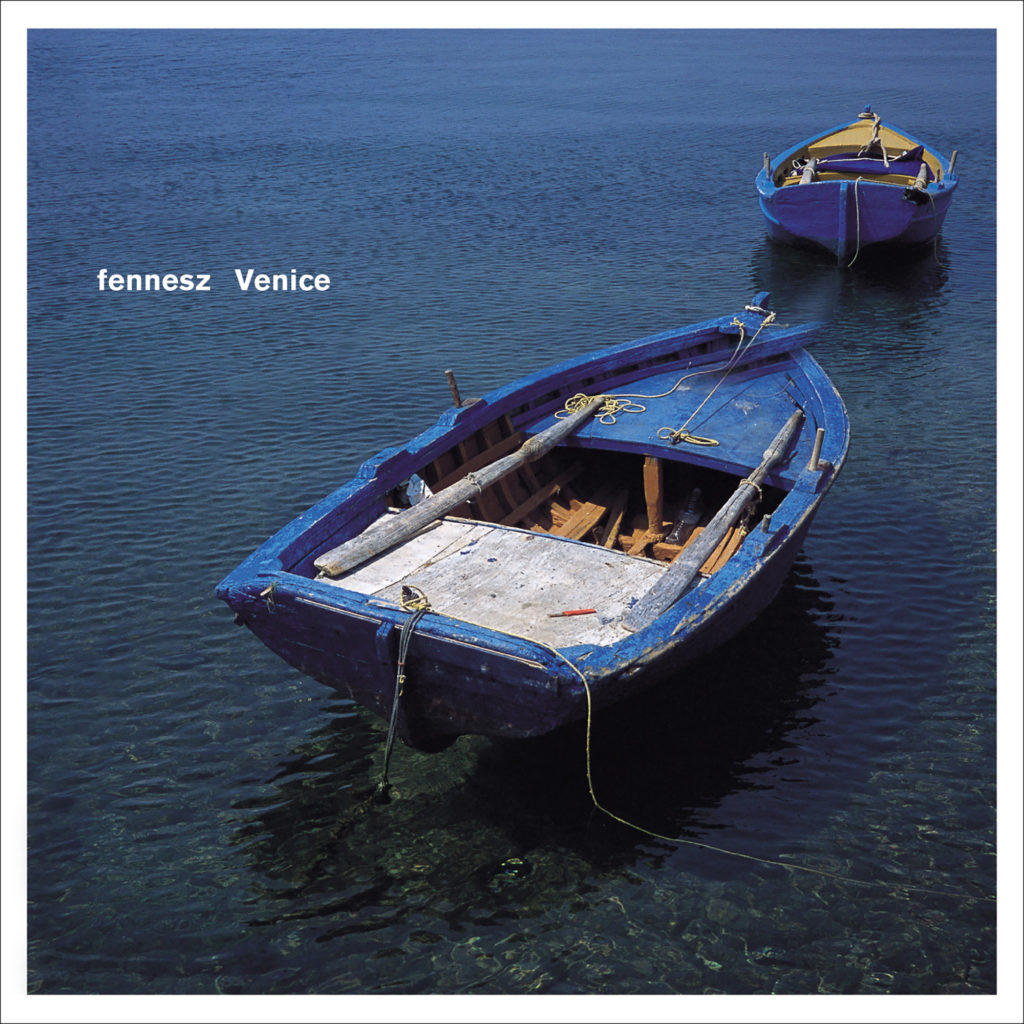
Christian Fennesz works primarily with laptop and guitar and set a new standard for the combination of the two with 2001’s Endless Summer where he melded electronic detritus and noise to the open and organic sound of a guitar to build the first pop record for the binary world. Venice is his follow-up and finds him in a more introspective, somber mood, taking the shimmering guitar on a course through territory once ruled by Kevin Shields and My Bloody Valentine. Fennesz’s Venice is a record that obscures as much as it reveals like Turner’s watercolors of the sea, sky and stone of Venice: you take it all in because, ultimately, you can’t be sure where one part stops and another begins. “Rivers of Sand” is a wash of particles, thousands of tiny grains rushing together to create a river of static noise over a ghostly chorus and a lone guitar. Melodies are submerged beneath this wave of sand and Fennesz moves his hand across the wave, creating breaks in the stream for the melodies to bleed through. “Chateau Rouge” fuzzes guitar over a wellspring of artesian water, the bubbling fountain acting as the percussive element in the otherwise glistening ambience of the track.
“Laguna” is free of any distortion, a simple guitar duet between Fennesz and Burkhard Stangl as if the two were sitting on a balcony overlooking the canals, serenading the passing gondolas and the wheeling sea birds. There is a sense that time has sidestepped you in the streets of Venice, as if you left the modern world at the train station, and with this separation from modern time comes a sense of wistful melancholy and nostalgia. You can hear “Laguna” in the streets of Venice as you become lost in the Byzantine turns and double-backs which thread the city. “Laguna” follows you, echoing off the narrow walls and close rooftops; “Laguna” tugs at you from beneath the bridges and from the grates set low in the water. “Circassian,” on the other hand, is filled with noise — monolithic sheets of echo delay — as Fennesz and Stangl create waves and waves of sound. Reminiscent of Lovelieschrushing’s sonic whirlwind, “Circassian” is meant for the belly of old cathedrals where the endless sonic waves can fill the high space between the floor and the arched roof and rounded cupolas.
David Sylvian contributes the single voice on the record, his languid delivery sliding over a field of scattered noise and static — water droplets caught by tiny microphones and tweaked into distortion-laced bursts of sound. “Do you feel what I feel?” Sylvian inquires in “Transit,” his velvet voice weaving itself about your shoulders. The city can be quite empty at night, silent but for the distant brush of wood against stone and the rhythmic tap-tap of water. In these silences, you will find voices like Sylvian’s, spectral ghosts that whisper, “Follow me. Won’t you follow me?”
My objectivity goes out the window during “City of Light” as Fennesz welds together layers of fuzz and drones into a shimmering soundtrack, which mirrors the play of light against the moving waters of the Grand Canal at night. I visited the city of Venice once and fell in love with the crooked waterways and the old stones. I am in love all over again during “The Other Face” as Fennesz applies his digital layering to his guitar, to the wind which whispers down the stone alleys, to the rain which spatters off the shutters and railings of the hotel windows, to the sound of the water in the winding canals which track through the body of Venice. What Fennesz leaves in my head with his music is 16mm film versions of my memories, the frames stained at the edges and blurred by static and pops. The colors are still rich — still vibrant — but everything is softened and scarred by having been looped a few thousand times in my head. Still, like all your favorite things, you still keep replaying them even as time and entropy wear them away into nothingness. Ah, Venice.
Venice is out now on Touch.






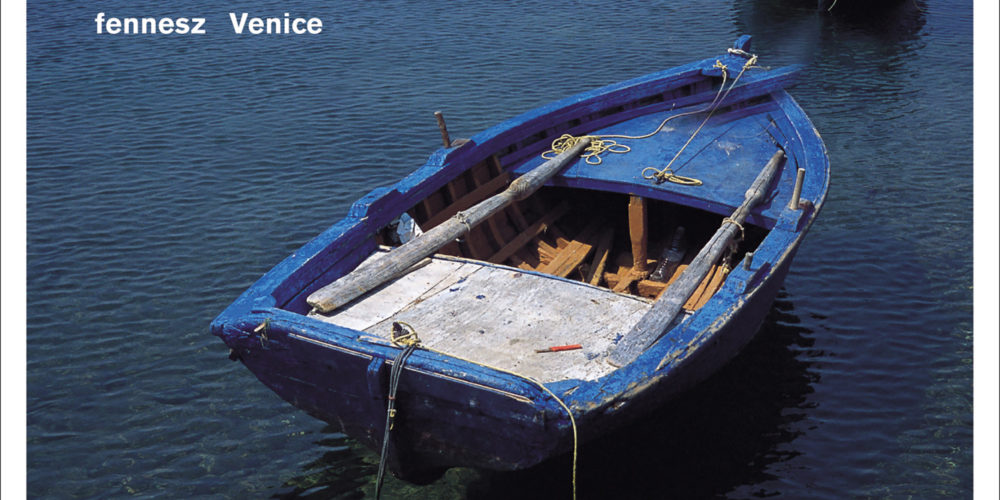


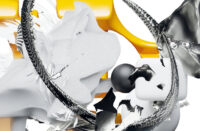

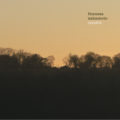
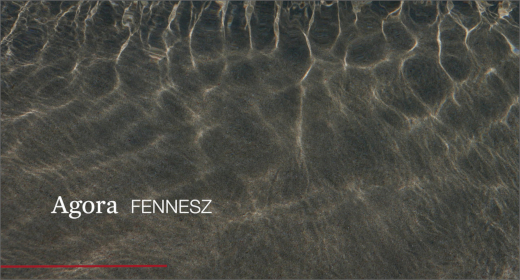
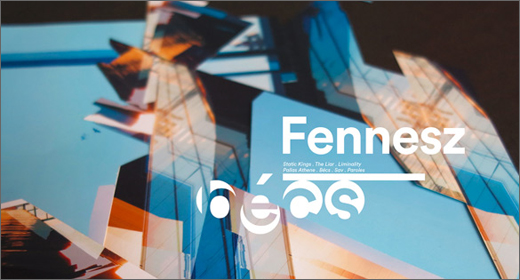
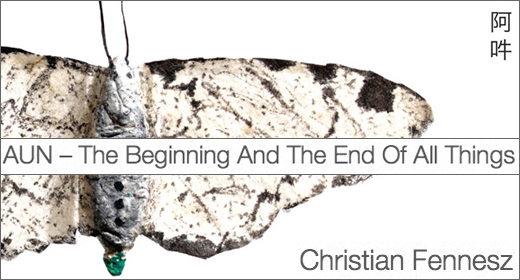
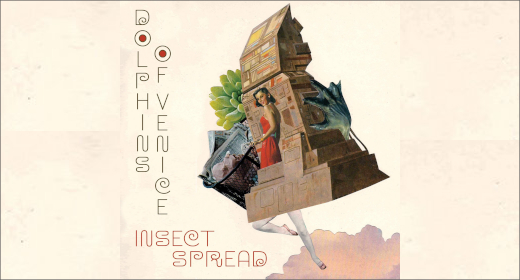
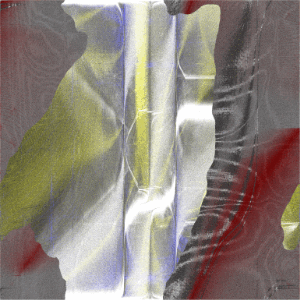

![Pole :: Tempus Remixes (Mute) — [concise]](https://igloomag.com/wp/wp-content/uploads/2025/04/pole-tempus-remixes_feat-75x75.jpg)






![Hasbeen :: Bunker Symphonies II (Clean Error) — [concise]](https://igloomag.com/wp/wp-content/uploads/2025/04/hasbeen-bunker-symphonies-ii_feat-75x75.jpg)

